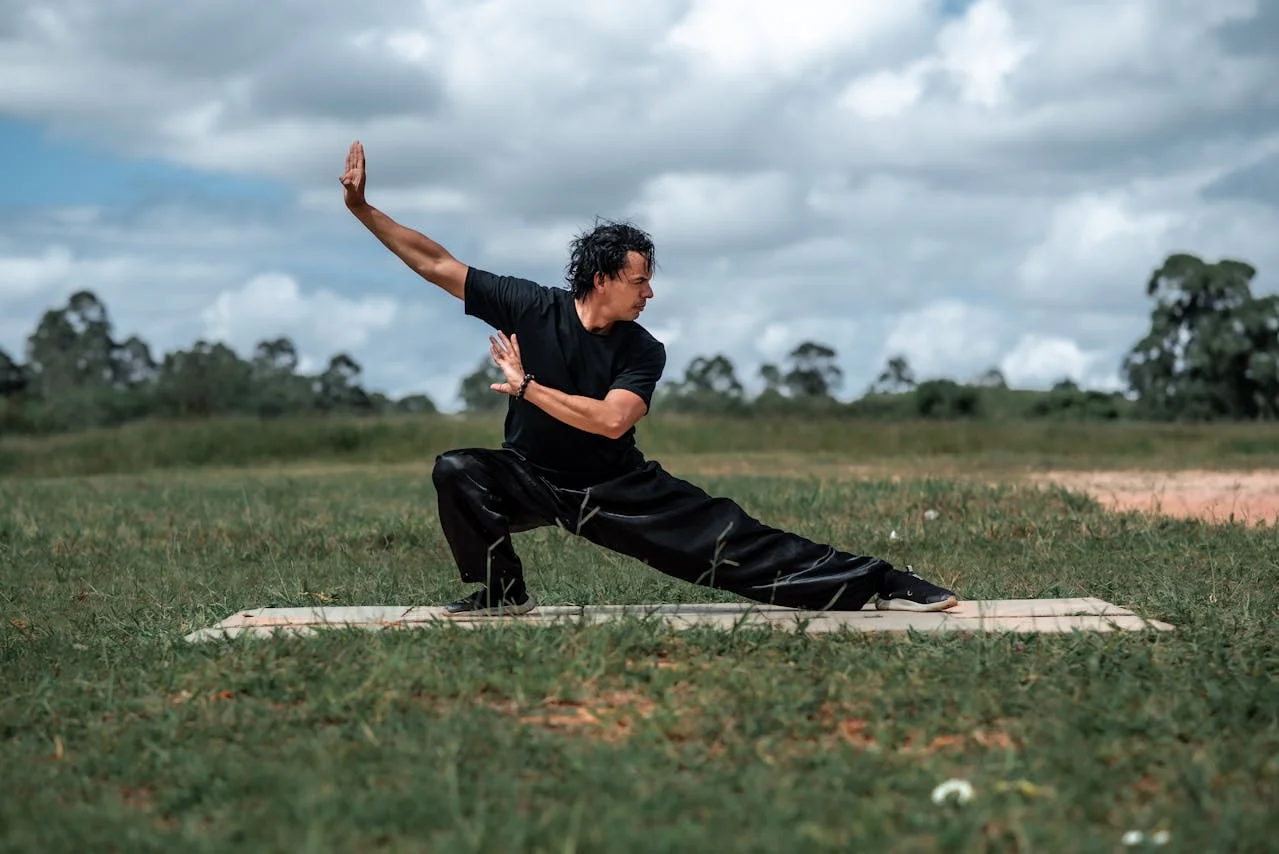Unlocking the Purpose of Mantras in Meditation
In the realm of meditation, mantras hold a significant role, acting as powerful tools that guide practitioners into deeper states of consciousness and inner peace. Derived from ancient traditions and philosophies, mantras are sacred sounds, words, or phrases repeated during meditation to facilitate focus, concentration, and spiritual connection. But what is the purpose of the mantra during meditation, and how does it contribute to the transformative experience? Let’s delve into this inquiry and uncover the profound significance of mantras in the practice of meditation.
Understanding the Essence of Mantras
At its core, the term “mantra” originates from Sanskrit, with “man” meaning “mind” and “tra” signifying “instrument” or “tool.” Therefore, a mantra can be interpreted as a tool for the mind—a vehicle that helps steer awareness and consciousness towards a desired state. While mantras encompass a wide array of sounds and syllables, they often carry spiritual or symbolic meanings, drawing upon the vibrational power of sound to evoke specific qualities or energies within the practitioner.
Facilitating Focus and Concentration
One of the primary purposes of the mantra during meditation is to serve as a focal point for the mind. As the practitioner repeats the mantra silently or aloud, the rhythmic cadence of the sound acts as an anchor, guiding attention away from distracting thoughts and external stimuli. By directing the mind’s focus towards the mantra, practitioners cultivate a state of single-pointed concentration, allowing them to delve deeper into their inner realms of awareness.
Inducing Relaxation and Calmness
Mantras are also renowned for their ability to induce relaxation and promote a sense of calmness and tranquility. The repetitive nature of mantra recitation fosters a state of rhythmic breathing and bodily relaxation, triggering the body’s natural relaxation response. As practitioners immerse themselves in the soothing sounds of the mantra, tension dissipates, and stress levels diminish, paving the way for profound states of relaxation and inner peace.
Awakening Spiritual Awareness
Beyond their calming effects, mantras serve as conduits for spiritual connection and self-transcendence. Embedded within each mantra is a sacred vibration that resonates with the universal energies of creation, allowing practitioners to tap into higher states of consciousness and spiritual awareness. Through regular practice, the repetition of mantras can lead to profound spiritual insights, inner revelations, and a deepening sense of connection with the divine or the universe.
Harmonizing Body, Mind, and Spirit
Another vital purpose of the mantra during meditation is to harmonize the body, mind, and spirit, fostering a sense of balance and integration within the practitioner. As the vibrational frequencies of the mantra permeate the practitioner’s being, they resonate with the subtle energy centers known as chakras, aligning them with the natural flow of energy within the body. This harmonization facilitates holistic healing, promotes emotional well-being, and cultivates a sense of wholeness and unity.
Conclusion
In essence, the purpose of the mantra during meditation extends far beyond mere repetition of words or sounds. It serves as a sacred tool for transforming consciousness, fostering inner peace, and awakening spiritual awareness. By harnessing the power of sound and vibration, mantras guide practitioners on a profound journey of self-discovery, healing, and transcendence. As individuals delve deeper into the practice of mantra meditation, they unlock the gateway to inner realms of wisdom, bliss, and infinite possibility.
Frequently Asked Questions (FAQs) About What is the purpose of the mantra during meditation
- What is the significance of repeating a mantra during meditation? Repeating a mantra during meditation helps to quiet the mind, deepen focus, and cultivate inner peace and spiritual connection.
- How do I choose the right mantra for meditation? The right mantra for meditation can vary depending on personal preference, spiritual tradition, or guidance from a teacher. Some may resonate with traditional Sanskrit mantras, while others may prefer simple affirmations in their native language.
- Can I create my own mantra for meditation? Yes, you can create your own mantra for meditation by selecting a word or phrase that holds personal significance or embodies qualities you wish to cultivate, such as peace, love, or gratitude.
- Do I need to know the meaning of the mantra to benefit from it? While understanding the meaning of the mantra can deepen the meditation experience, it is not necessary for experiencing its benefits. The vibrational qualities of the sound itself can still have a profound impact on the mind and body.
- How long should I repeat a mantra during meditation? The duration of mantra repetition during meditation can vary depending on individual preference and experience. Some practitioners may repeat a mantra for a few minutes, while others may engage in longer sessions lasting 20 minutes or more.
- Can I use the same mantra for different types of meditation? Yes, you can use the same mantra for different types of meditation practices, such as mindfulness meditation, loving-kindness meditation, or transcendental meditation. The key is to adapt the mantra to suit the specific intention or focus of each practice.
- What if my mind wanders while repeating the mantra? It is natural for the mind to wander during meditation. When you notice your attention drifting, gently bring your focus back to the mantra without judgment or frustration. Consistency and practice will help strengthen your ability to maintain concentration over time.














slot demo zeus says:
wonderful points altogether, you simply gained a brand new reader. What would you recommend about your post that you made some days ago? Any positive?